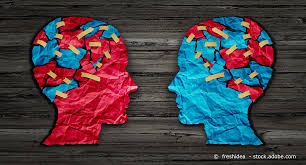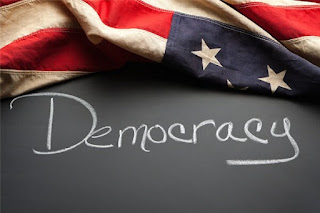Law, K. F., Amormino, P. et al.
(2023, September 5).
Abstract
Does empathy necessarily impede equity in altruism? Emerging findings from cognitive and affective science suggest that rationality and empathy are mutually compatible, contradicting some earlier, prominent arguments that empathy impedes equitable giving. We propose alternative conceptualizations of relationships among empathy, rationality, and equity, drawing on interdisciplinary advances in altruism research.
Here is my summary:
This article discusses the relationship between ethical reasoning and empathic bias. Ethical reasoning is the process of using logic and reason to make moral decisions. Empathic bias is the tendency to make moral decisions that are influenced by our emotions and our personal relationships with the people involved.
The article argues that these two concepts are often seen as being in opposition to each other, but that this is a false dichotomy. Both ethical reasoning and empathic bias are important for making moral decisions. Ethical reasoning allows us to think about the broader implications of our decisions, while empathic bias allows us to connect with the individuals who are affected by our decisions.
The article concludes by suggesting that we should strive to use both ethical reasoning and empathic bias in our moral decision-making. By doing so, we can make more informed and compassionate decisions.
This article demonstrates that the Ethical Acculturation Model is not widely known by researchers. The EAM stresses the professional's ability to integrate their own professional obligations and norms with their personal beliefs, values, and morality. Only through blending these important components can individuals resolve complex ethical/moral dilemmas.















